Personal Injury: The Importance of Prompt Investigation After an Automobile Accident In Des Moines, IA
7016408197 • October 22, 2024
Personal Injury: The Importance of Prompt Investigation After an Automobile Accident In Des Moines, IA

21, October 2024
When you’ve been involved in an automobile accident in Des Moines or in the state of Iowa, especially one that leads to injury, the first few days can feel overwhelming. Between hospital visits, insurance calls, and dealing with the aftermath of the event, it’s easy to feel lost. However, prompt investigation of the incident is crucial—both for the injured party and for the overall strength of any future claim. One of the most common questions people ask in the early stages of a personal injury claim is: "What should I do now?" Why Prompt Investigation Matters
Taking immediate action following an accident ensures that critical evidence is preserved. Evidence can fade, memories can become unreliable, and witnesses may become harder to track down as time goes on. A thorough investigation soon after the accident will allow the injured party to properly assess the strengths and weaknesses of their potential claim. The more comprehensive the investigation, the stronger the foundation for negotiations or litigation, should it come to that.
Key Steps in the Early Investigation Process
- Document the Scene: Even if the police were called and a report was made, don’t rely solely on the official documentation. You should take your own photographs of the scene, the vehicles involved, and any visible injuries you’ve sustained. These images can provide invaluable evidence when reconstructing the accident and evaluating damages.
- Gather Witness Statements: Speak to any witnesses while their recollection is still fresh. Get their contact information and, if possible, obtain written or recorded statements. These could play a pivotal role in determining fault, especially if there is a dispute about what happened.
- Collect Other Evidence: If any skid marks, traffic signs, or other physical factors were present, document them as well. Any detail, no matter how small, could potentially impact the outcome of your claim.
- Seek Information from the Other Driver: It’s important to try to understand the other driver’s perspective on the accident. However, this step can be challenging because most insurance companies advise their drivers not to speak with the injured party, fearing an admission of liability. But any acknowledgment of fault by the other driver can be crucial when building your case.
Be Cautious About Speaking with Insurance Companies
You may be contacted by the insurance company representing the other driver soon after the accident. They will likely ask for statements, photos, or access to your medical records. While this may seem like a reasonable request, you should proceed with caution. Insurance companies often have their own interests at heart, and anything you say could potentially weaken your claim.
One of the most important pieces of advice is not to give a statement—either written or verbal—until you fully understand the extent of your injuries, the details of the accident, and how the law applies to your specific situation. Just as insurance companies advise their clients not to admit fault, it’s wise for injured parties to refrain from making any official statements too early in the process.
The Limitations of Police Reports
While police officers will typically conduct a basic investigation at the scene, their reports may not capture all of the details necessary for your claim. They can only devote a limited amount of time to the investigation, meaning critical nuances might be overlooked. Relying solely on the police report is short-sighted. Instead, consider conducting or hiring a thorough investigation to ensure all relevant evidence is gathered.
Take Your Time, But Don’t Wait Too Long
While it’s important to gather evidence promptly, don’t rush into making decisions or providing statements. After an accident, it’s best to take a step back, collect your thoughts, and ensure you understand the full scope of your injuries and damages before engaging with any insurance company. The call
is 100% free to Lawyer, Lawyer, Dutton, Drake & Conklin, LLP, and there is no cost to you until we take your case and win.
Conclusion
In the wake of a personal injury accident, prompt investigation is crucial. Taking the right steps early can significantly strengthen your claim and ensure you’re fully prepared for any legal proceedings. From documenting the scene to gathering witness statements and protecting your legal rights when dealing with insurance companies, the sooner you begin, the better positioned you’ll be for a successful outcome.

Personal Injury: Dealing with Insurance Company Surveillance in Des Moines, IA and Surrounding Areas
Learn why insurance companies use surveillance after an accident and how it can impact your case. Talk to trusted Des Moines injury attorneys at LLDDC Law—free consultation, no fee unless we win.

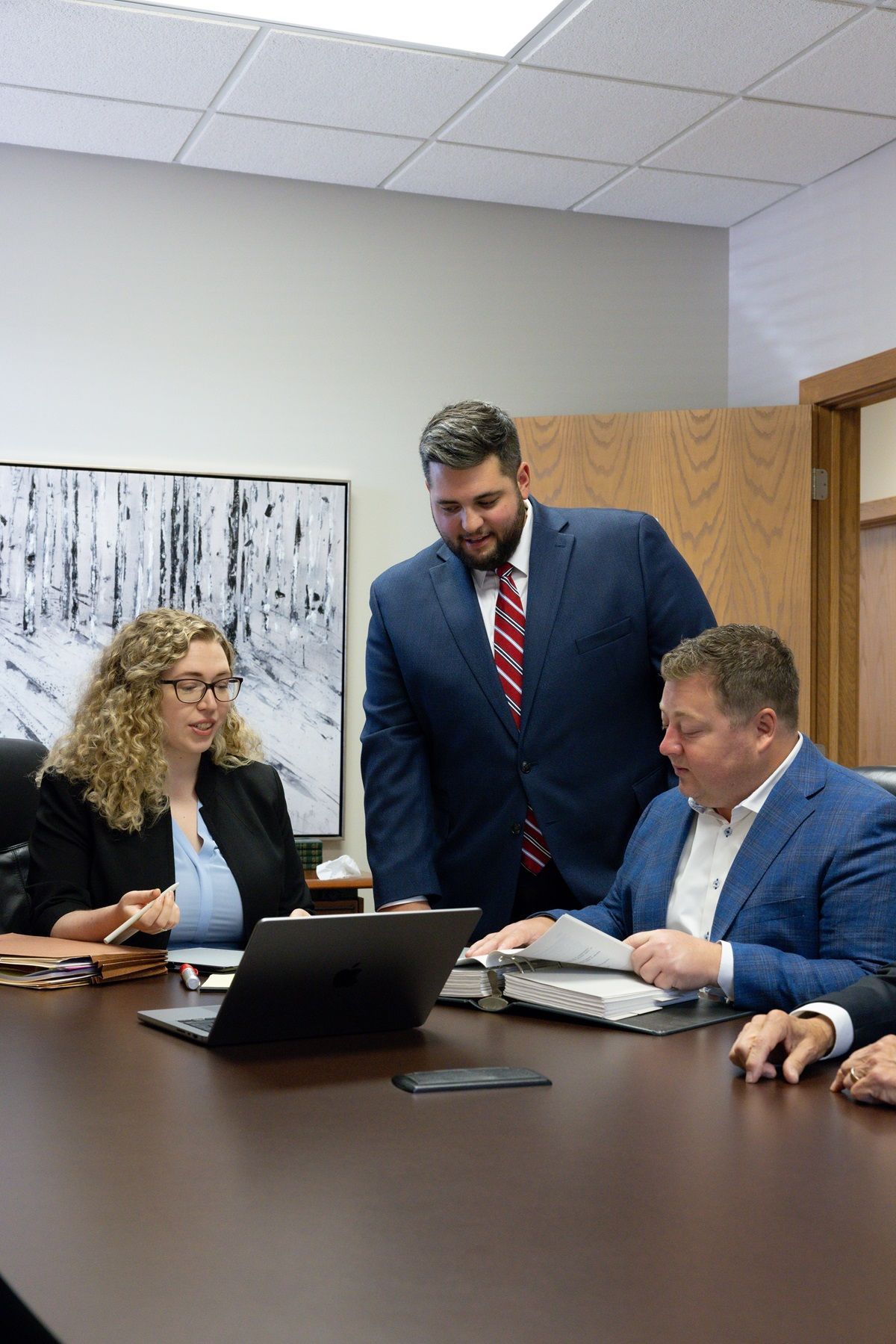
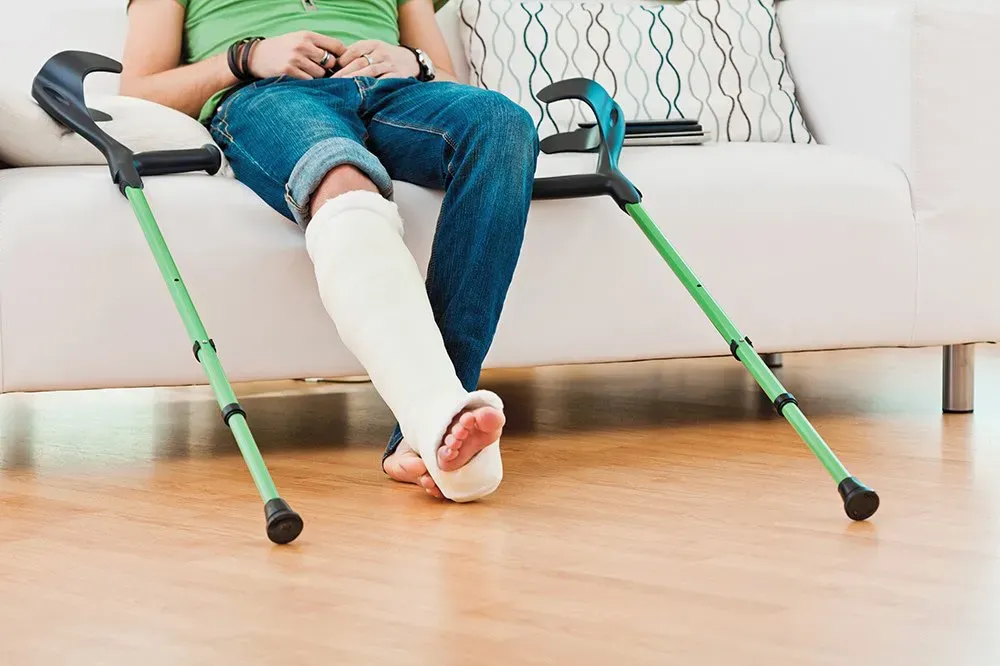
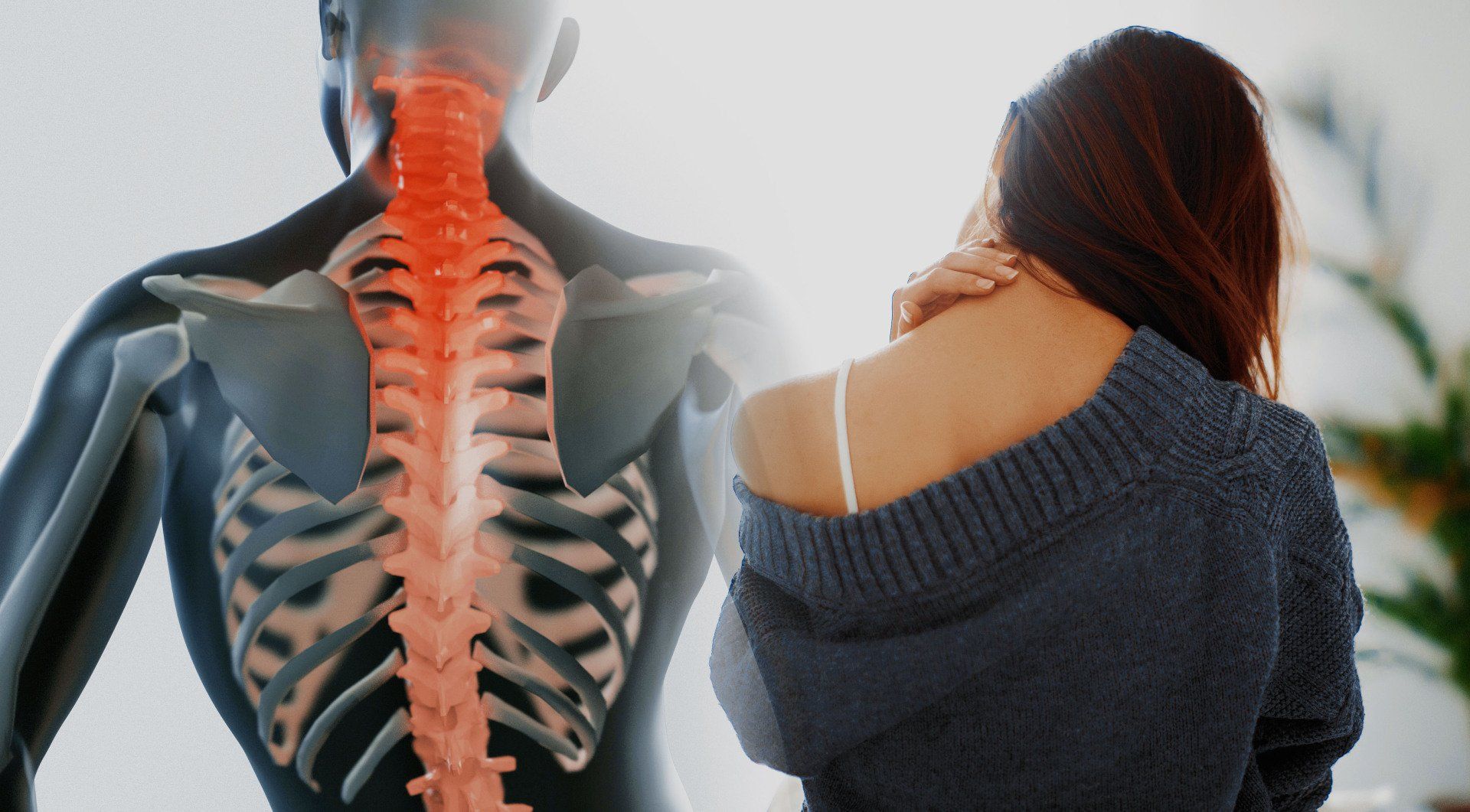
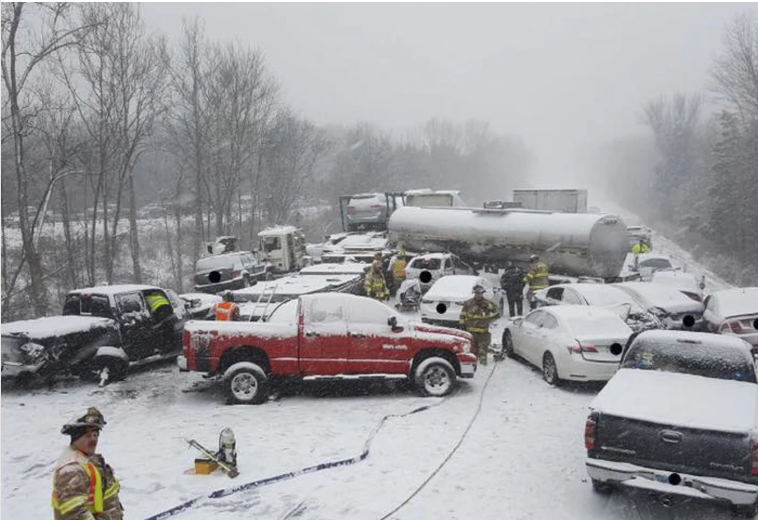
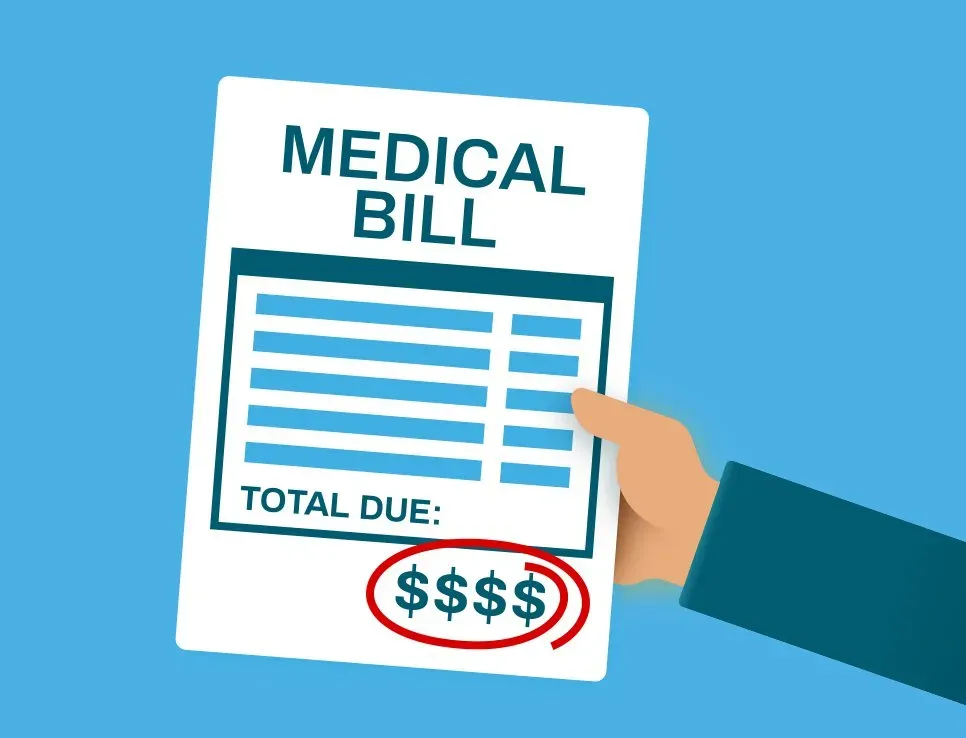
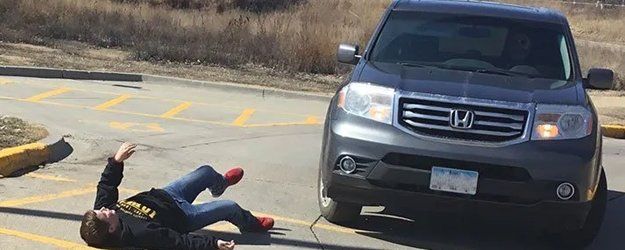
Share On: